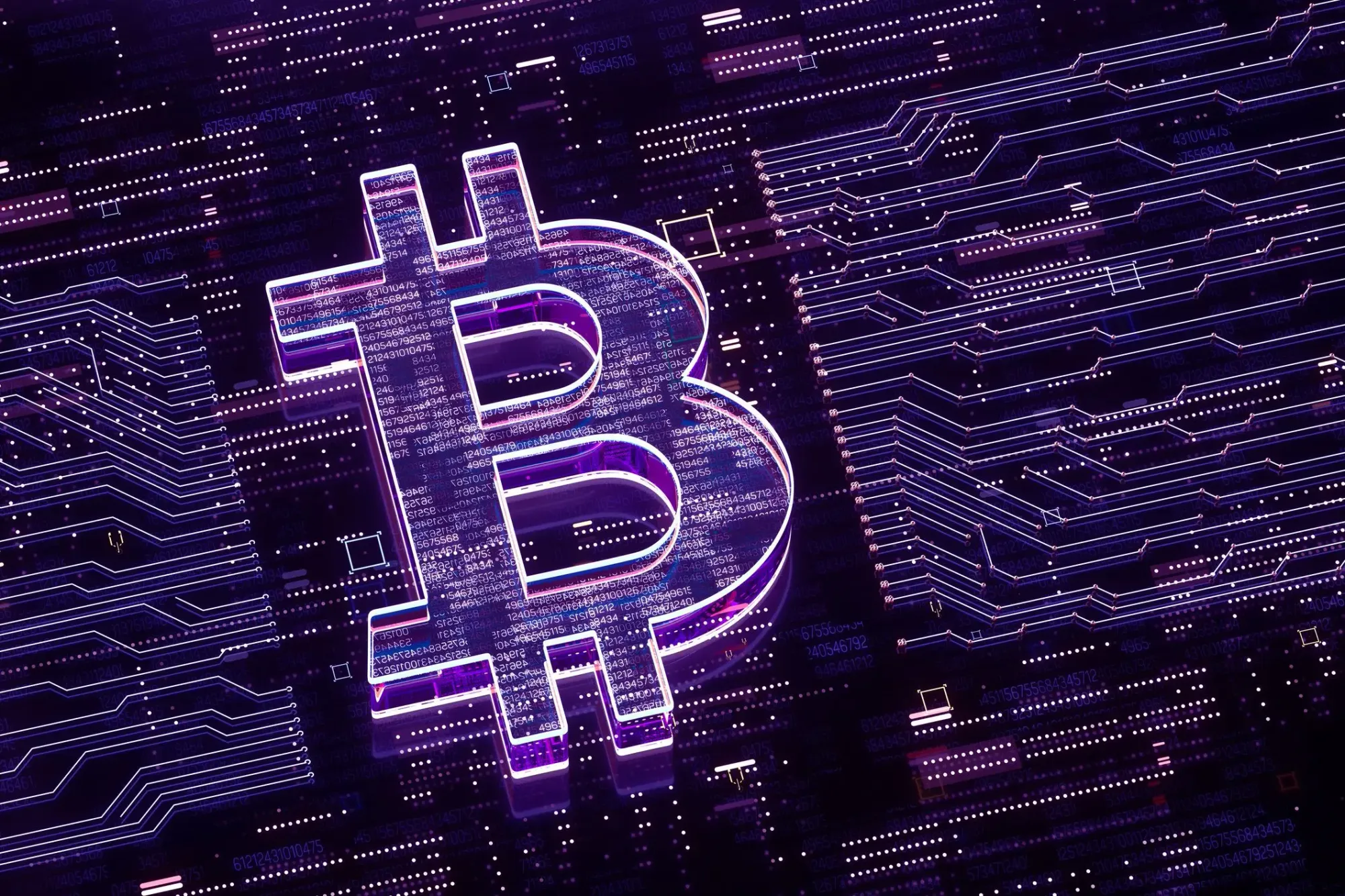Bitcoin Core Statement on Non-Financial Transactions Sparks Debate Over Network Governance

A recent statement from the open-source development group behind the Bitcoin software, called Bitcoin Core, has reignited discussions about the network’s governance and its handling of non-financial transactions.
Addressing the growing use of protocols like Ordinals and Inscriptions, which leverage Bitcoin’s OP_RETURN function to embed data such as images for NFTs, Bitcoin Core emphasized the decentralized nature of the network. The group clarified that it cannot enforce policies, as users and miners ultimately define Bitcoin’s rules by choosing which software to run. However, the statement’s acknowledgment of Bitcoin’s censorship resistance and its approach to transaction relay policies has drawn scrutiny, particularly in light of Bitcoin Core’s historical influence over the network’s direction.
Bitcoin Core’s statement underscores that the network thrives on user autonomy, with individuals free to adopt software updates or alternative implementations. The developers aim to optimize Bitcoin Core for efficient block validation and transaction relay, ensuring the system supports Bitcoin as a decentralized currency. Transaction relay policies, they argue, should prioritize predicting mined transactions, speeding up block propagation, and enabling miners to access fee-paying transactions.
Refusing to relay economically viable transactions, such as those carrying non-financial data, could push users to alternative channels, undermining decentralization and miner interests. The group also acknowledged that Bitcoin’s censorship-resistant design inherently supports diverse use cases, even if they spark controversy.
Stay In The Loop and Never Miss Important Bitcoin News
Sign up and be the first to know when we publishHistorical Contradictions and Governance Tensions
The statement’s emphasis on aligning relay policies with miner interests and Bitcoin’s long-term health contrasts sharply with Bitcoin Core’s past actions, particularly during the 2015-2017 Blocksize Wars. At that time, significant community support, including an estimated ~90% of miners, favored increasing the block size limit from 1 MB to accommodate more transactions.
Led by prominent figures like Pieter Wuille, Gregory Maxwell, and Adam Back, Bitcoin Core resisted a hard fork, citing risks of centralization and network instability. Despite pressure, the group’s refusal to implement the block size changes effectively vetoed the proposal, as near-unanimous node adoption was needed to avoid a chain split. This decision shifted Bitcoin toward a settlement layer, prioritizing layer two solutions like the Lightning Network over onchain scaling.
Bitcoin Core writes in their statement,
“Knowingly refusing to relay transactions that miners would include in blocks anyway forces users into alternate communication channels, undermining the above goals.”
Critics argue that Bitcoin Core’s gatekeeping role in the open-source process grants it disproportionate influence. While consensus rule changes, like block size adjustments, require broad community agreement, Bitcoin Core’s control over the codebase allows it to block changes even when substantial support exists. The Blocksize Wars frustration led to forks like Bitcoin Cash and fueled the rise of alternative cryptocurrencies such as Ethereum and Solana. The irony lies in Bitcoin Core’s current stance against restricting transaction relays, which seems to contradict its earlier resistance to expanding block space for more transactions, a move miners and users supported.
Bitcoin Core writes in their statement,
“Bitcoin Core users: changes must be made by users choosing to adopt new software releases themselves, or if they so desire, different software. Being free to run any software is the network’s primary safeguard against coercion.”
Further complicating the narrative is Bitcoin Core’s reliance on soft forks, which some, including Ethereum co-founder Vitalik Buterin, have called coercive. Unlike hard forks, which allow users to choose between software versions, soft forks impose changes that all nodes must adopt to remain compatible. The statement’s claim that users’ freedom to run any software protects against coercion appears at odds with this practice. Bitcoin Core’s commitment to avoiding hard forks at all costs, a policy solidified after the Blocksize Wars, limits user choice in certain scenarios, raising questions about the group’s consistency.
The acknowledgment of non-financial transactions also highlights Bitcoin’s evolving role. Protocols like Ordinals have sparked debate over whether Bitcoin should primarily serve as a financial network or a broader data platform. Bitcoin Core’s decision not to block these transactions reflects a pragmatic acceptance of the network’s censorship resistant nature. However, it also risks alienating users who prioritize Bitcoin’s original monetary-only purpose. The developers’ focus on technical factors, such as denial-of-service protection and upgrade safety, aims to balance these competing interests, but the statement’s contradictions reveal the challenges of governing a decentralized system.
As Bitcoin navigates this latest controversy, the tension between Bitcoin Core’s influence and the network’s decentralized ethos remains a focal point. The group’s ability to shape transaction relay policies without broad consensus highlights its role, yet its historical decisions continue to cast a shadow over its current stance.

